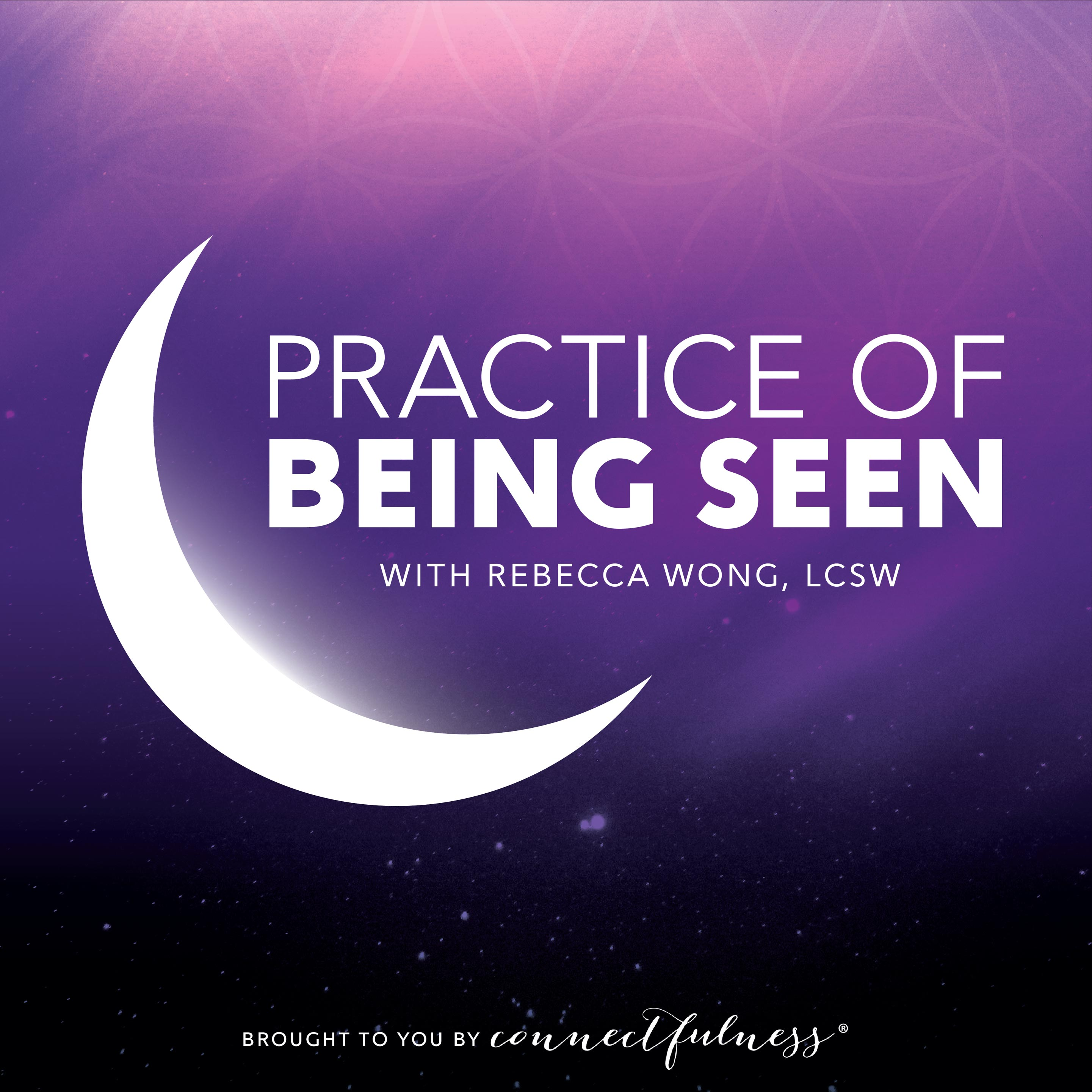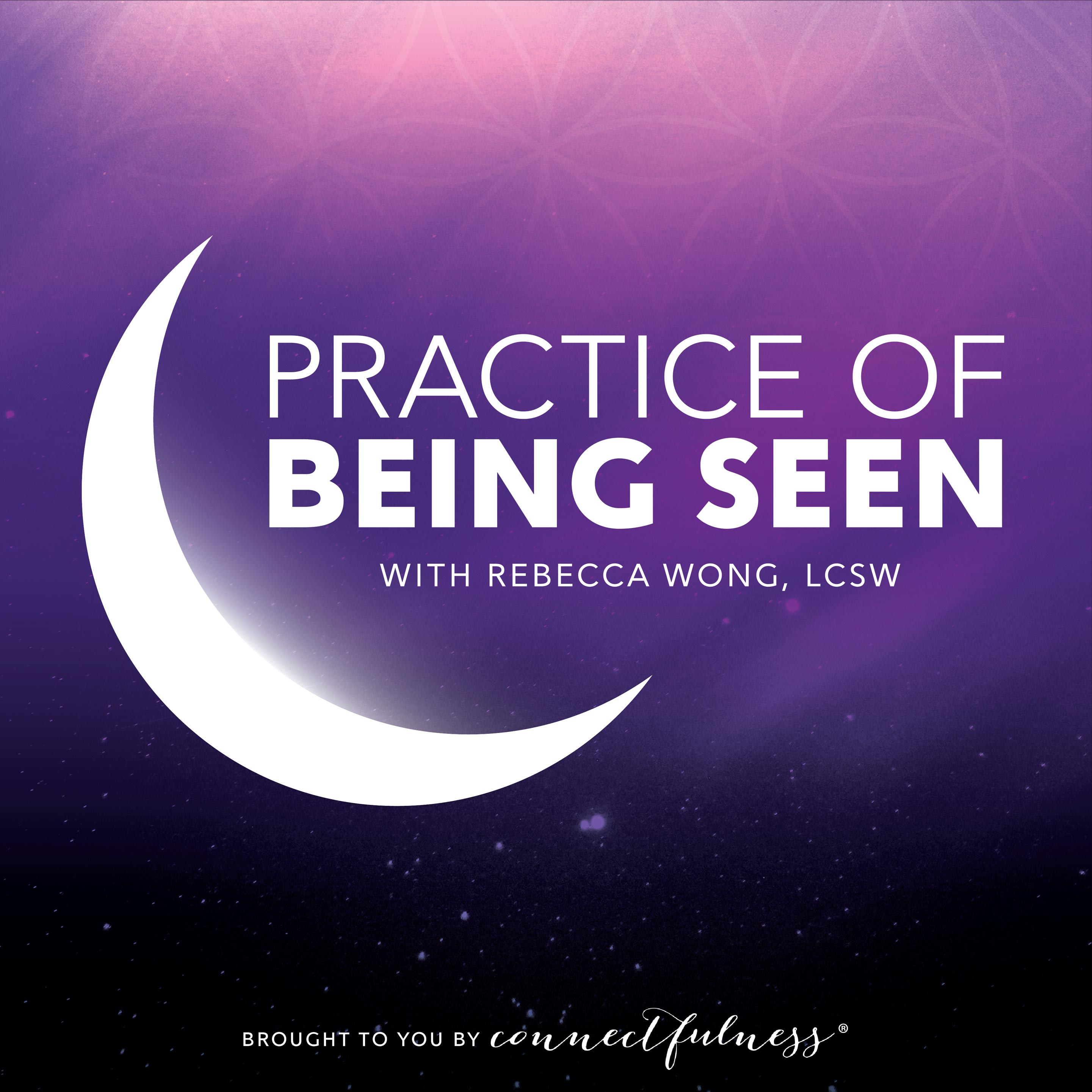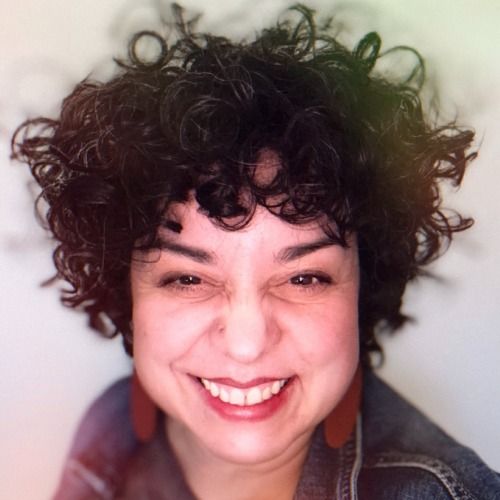John Clarke: The Mess and the Message
In Episode 36 of the #POBScast, John Clarke and I thread connections between imposter syndrome, niching down and generating enough income in our practices as therapists, to making the space for reflection on the relationship we have with ourselves and how this informs our marketing message and confidence in the room with our clients. This conversation comes full circle as we talk about our fears of “making it” in our businesses and in seeing ourselves clearly--it forms a dance between beginner’s mind and owning our expertise. I love how generous he is in sharing his own current struggles in business too, which reinforces what we all should know to be true: None of us have it all together.
John Clarke is a licensed psychotherapist who has run successful practices in both San Francisco and Charlotte, North Carolina, where he currently runs a group practice. Because he saw a need for other therapists to get the practical guidance and support they need to create meaningful practices that are also successful businesses, he founded Private Practice Workshop, where he offers business mentorships for therapists.
In this episode, John and I discuss:
- The fears and aloneness we therapists all experience in our private practices, and how the fears we attach ourselves to can change when major life shifts demand that we look at things differently.
- The personal and professional experiences that are shaking things up for John and how he’s choosing to move through and reflect on that fear.
- The power in personal connections and why everyone at every level needs a mentor.
- Imposter syndrome, the comparison game, and the “Facebook highlight reel” myth we all can fall for at times.
- The struggle to get as close to experiencing the beauty in our messes and challenges while we’re in them rather than experiencing the beauty in retrospect.
- Finding our WHY and also our WHY NOT in business and life.
- The power in niching down as both a practice in seeing who we really are and as a means for avoiding burnout.
- Differing perspectives on our ability and need to help others and what self-care really means.
- Where we can find our one true marketing message.
Referenced in this episode:
Rebecca’s Facebook post about her daughter’s meltdown.
Viktor Frankl’s book, Man’s Search for Meaning
John Kabat Zinn’s book, Full Catastrophy Living
You can find John Clarke’s podcast, Private Practice Workshop, on iTunes. Connect with John at PrivatePracticeWorkshop.com and enroll in his free online course, The Business Basics Workshop. John also leads a digital marketing team for therapists, specializing in Google AdWords and SEO services with the needs and budgets of private practioners in mind. Visit unconditional.media to book your free consultation. John has generously offered a 10% discount on his one-on-one services or 10% off the setup fee of an SEO or AdWords package to listeners who reference this #POBScast episode.
Are you ready to do more of what you love with a deep sense of trust that you are good enough? Sign up to receive more information about my upcoming launch, Connectfulness® Method Mentorship Program for Therapists coming this November 2017.


